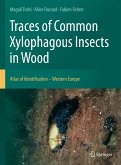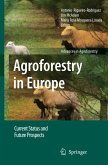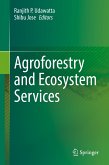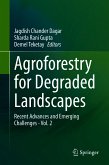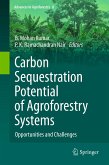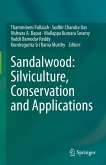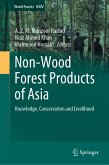Agriculture is often considered as one of the main threats to ecosystems. Unsustainable farming practices often result in habitat loss, inefficient use of water, soil degradation, pollution, genetic erosion, among other negative impacts on human life, including hunger, low food quality, reduced access to food resources, as well as the abandonment of rural areas. Nevertheless, when agriculture is practiced in a sustainable way, it can contribute to the preservation of many habitats, to the protection of watersheds, to the preservation and improvement of soil health.
The use of sustainable and ecological practices is the key feature distinguishing traditional agriculture from intensive one. It may not provide very high yields, but ensures sustainable harvests over time, thanks to time-tested technologies and traditional know-hows and also represent examples of adaptation to harsh environmental conditions. Based on this approach, in 2002, FAO launched the concept of Globally Important Agricultural Heritage Systems (GIAHS) Programme, to identify and safeguard agricultural systems that are ensuring food and livelihood security, while maintaining magnificent landscapes, agricultural biodiversity, traditional knowledge, cultural and social values.
This book presents 18 examples of these traditional agriculture systems around the world, with a special focus on Europe, Asia, Africa, Central and South America, as a result of the "GIAHS Building Capacity" project co-funded by the Italian Agency for Development Cooperation (AICS) and carried out by the Department of Agriculture, Food, Environment and Forestry (DAGRI) of the University of Florence (Italy).
Dieser Download kann aus rechtlichen Gründen nur mit Rechnungsadresse in A, B, BG, CY, CZ, D, DK, EW, E, FIN, F, GR, HR, H, IRL, I, LT, L, LR, M, NL, PL, P, R, S, SLO, SK ausgeliefert werden.



